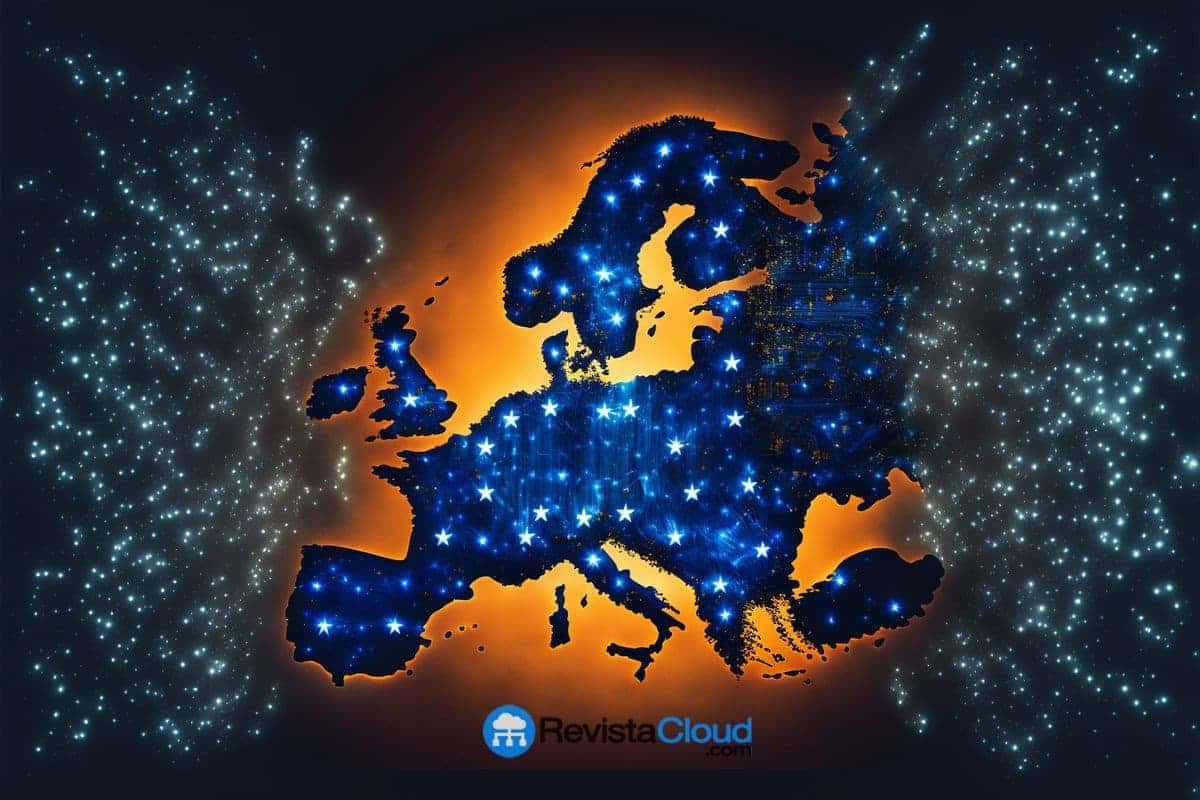The upcoming autonomous elections in Catalonia on May 12 and the European elections on June 9 are putting Spain and the European Union’s cybersecurity to the test, in a context where concerns about possible Russian interference are constantly growing. Throughout history, Russia has shown a consistent ability to influence foreign electoral processes, a trend that dates back to the time of Joseph Stalin and has evolved with digital technologies.
According to the 2023 Annual National Security Report, Spain is facing a significant increase in disinformation campaigns, largely attributed to state and non-state actors from Russia. These campaigns aim to destabilize democracy by spreading falsehoods and polarizing society, eroding trust in democratic institutions.
Social media, powerful tools due to their reach and speed, are used to amplify these disinformation campaigns. The report highlights that official Chinese media and other Russian allies play a key role in reinforcing pro-Russian narratives in the Spanish-speaking world, while criticizing the established international order. Furthermore, during celebrations such as Hispanic Day, social media platforms like TikTok have been flooded with anti-Spanish messages, often amplified by bots, suggesting carefully orchestrated coordination.
This landscape presents a complex scenario for Spain and the European Union, who must strengthen their digital defenses and disinformation strategies to protect the integrity of their upcoming elections. The current situation demands constant vigilance and a coordinated response to counteract these destabilization efforts and ensure every citizen’s right to a free and fair vote.

